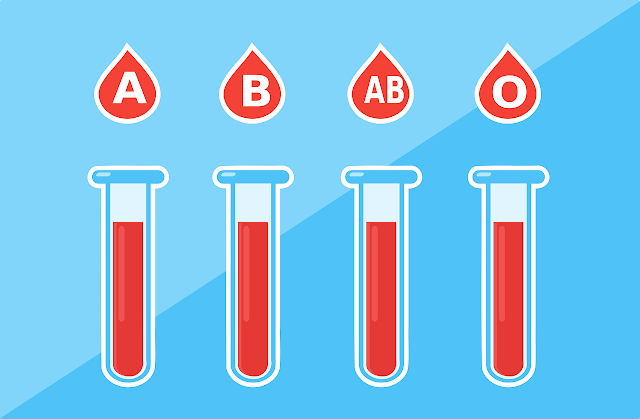health screening in today's fast-paced world, maintaining good health requires more than just a reactive approach. it necessitates proactive steps, such as regular health screenings, to detect potential health issues early on. By embracing health screening as a vital aspect of preventive healthcare, individuals can take charge of their well-being and make informed decisions about their health. this article explores the significance of health screening, the key screenings to consider, and how they can empower individuals to prioritize prevention and lead healthier lives.
Health screening
Understanding Health Screening
Health screening entails a series of tests and examinations
that assess an individual's overall health status, identify potential risk
factors, and detect underlying health conditions, often before symptoms appear.
These screenings serve as a valuable tool for preventive healthcare, as they
can identify potential issues at an early stage when intervention and treatment
are most effective.
The Importance of Early
Early detection is a cornerstone of effective healthcare
management. Health screenings enable the identification of health conditions
before symptoms arise, allowing for timely intervention and treatment.
Detecting diseases at an early stage often leads to more successful outcomes
and can significantly improve prognosis. Regular health screenings empower
individuals to take proactive steps in managing their health, reducing the risk
of complications, and enhancing overall well-being.
Essential Health Screenings
Blood Pressure Measurement: Regular
blood pressure checks aid in detecting hypertension, a leading risk factor for
cardiovascular diseases. Early identification allows individuals to make
lifestyle modifications or seek medical interventions to manage blood pressure
effectively.
Cholesterol Testing: Evaluating cholesterol levels helps
assess the risk of heart disease and guides interventions such as dietary
adjustments or medication to maintain healthy cholesterol levels.
Blood Glucose Testing: This screening is essential for detecting
diabetes or prediabetes, enabling early lifestyle modifications or medical
management to prevent complications associated with high blood sugar levels.
Cancer Screenings: Depending
on age and gender, screenings like mammograms, Pap smears, prostate-specific
antigen (PSA) tests, and colonoscopies can help detect various cancers at early
stages, improving treatment outcomes.
Bone Density Testing: Women, especially postmenopausal,
should consider bone density scans to evaluate the risk of osteoporosis and
fractures, allowing for preventive measures and appropriate treatment.
Vision and Hearing Tests:
Regular eye and
ear examinations assist in detecting vision impairments, hearing loss, or
related conditions, facilitating timely interventions and improving quality of
life.
Personalizing Screenings for
Individual Needs
Not all individuals require the same screenings, as factors
such as age, gender, family medical history, and lifestyle choices play
significant roles. Consulting healthcare professionals and adhering to
recommended guidelines based on these factors ensures that screenings are
tailored to individual needs.
Embracing the Benefits of Health Screening
Early Intervention: Health screenings facilitate the
identification of potential health issues in their initial stages, enabling
prompt intervention, treatment, and management.
Prevention and Risk Reduction:
By identifying
risk factors and early signs of diseases, individuals can adopt preventive
measures such as lifestyle modifications, vaccinations, or medication to reduce
the likelihood of developing certain conditions.
Proactive Monitoring:
Regular health screenings provide a
baseline for tracking changes in health over time, aiding in the detection of
emerging patterns, abnormalities, or subtle shifts that may require further
investigation.
Conclusion
Prioritizing health screening is a proactive approach to
maintaining optimal well-being. By embracing regular screenings, individuals
empower themselves to detect potential health risks early on, make informed
decisions about their healthcare, and take preventive measures to lead
healthier lives. Early detection, personalized screenings, and the benefits of
timely intervention and prevention all underscore the importance of health
screenings. Let us commit to prioritizing our health through regular
screenings, taking proactive steps toward prevention, and fostering a culture
of well-being.



0 Comments